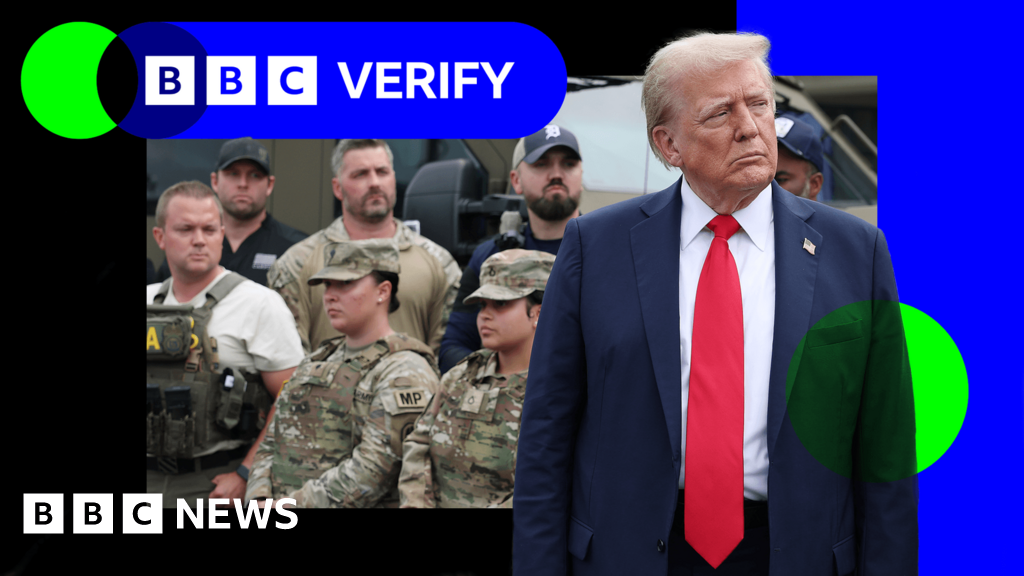In recent weeks, the Sinaloa Cartel has reportedly experienced increasing pressure from Mexican law enforcement, coinciding with heightened threats from the Trump administration regarding drug trafficking. Multiple cartel operatives in Culiacán have revealed a stark transformation in their operational landscape. One cartel leader has expressed anxiety over potential American military actions, while others admit to hiding and ceasing production due to fear of arrest and death.
Sources close to the cartel indicate that recent arrests, drug seizures, and laboratory busts are putting significant strain on their operations. This enforcement surge has forced some leaders to scale back fentanyl production, which has been central to their operations for years. An unnamed high-ranking cartel member articulated the newfound fear permeating their ranks, stating, “You can’t be calm; you can’t even sleep because you don’t know when they’ll catch you.”
The intensified crackdown can be traced back to stern warnings from the Trump administration, which threatened substantial tariffs on goods from Mexico if the country did not take immediate action to curb the flow of fentanyl into the United States. As these domestic and international pressures mount, the cartel faces a dual threat—both from organized crime units internally competing for power and from government actions aimed at dismantling their operations.
In Culiacán, often viewed as the heart of the drug trade, the changing dynamics of power and control within the cartel signal a pivotal moment in the ongoing battle between authorities and organized crime. Whether these measures represent a lasting change in cartel operations or merely a temporary setback remains to be seen, as operatives express an urgency to adapt their tactics to survive.
As the situation evolves, the implications of this governmental push against powerful cartels may resonate far beyond Mexico, affecting drug supply chains and security issues across North America.




















